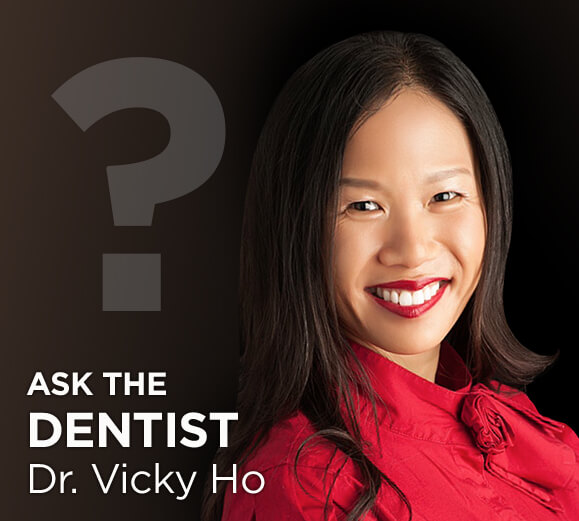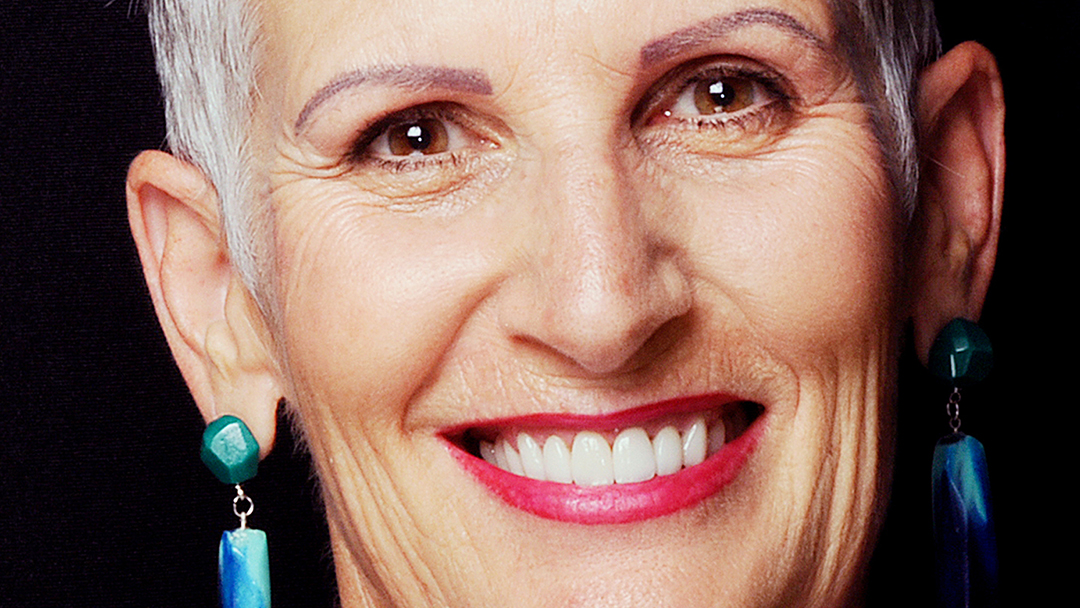
by Smile Design Studio | 2 Nov, 2023
You’re never too old to have a healthy smile, but your oral health needs can become more complex as you age. You may consider full mouth reconstruction to address multiple dental issues at once. But is such an extensive procedure advisable for older adults? This question may weigh heavily on your mind, especially when it involves surgery and potential risks. Full Mouth Reconstruction for Elderly Individuals A full-mouth reconstruction can be successful for individuals across all age groups; however, the success rate of specific treatments may vary. There’s no denying the immense perks of full mouth reconstruction, especially from an older person’s perspective. As a senior patient, oral health is crucial to maintaining overall well-being. This is where a full-mouth reconstruction or a dental implant surgery can be a game-changer. It doesn’t just restore your smile; it enhances your ability to chew and speak properly, indirectly improving your nutrition and social interactions. Moreover, these dental treatments can significantly boost an elderly person’s quality of life. Imagine eating what you want without worrying about damaging weak or missing teeth – it’s truly liberating. Plus, better oral health often translates into boosted confidence and self-esteem. Evaluating the Oral Health of Elderly Individuals As we age, our oral health can deteriorate due to a multitude of factors, such as gum diseases, bone density, tooth decay, or tooth loss. Also, no two patients are alike – what works perfectly for a 60-year-old patient may not be suitable for an 80-year-old with different health circumstances. So, before making any decisions, it’s critical to have open discussions with your dentist about full mouth reconstruction possibilities,... 
by Smile Design Studio | 2 Oct, 2023
You’ve been dreaming about that perfect smile, haven’t you? You’re imagining how a full smile makeover – complete with dental implants, porcelain veneers, or teeth whitening – could boost your confidence and transform your appearance. But there’s one burning question in the back of your mind: ‘Is a full smile makeover covered by insurance?’ It’s a challenging question to answer as it depends on various factors, including the procedures involved, your specific insurance plan, and even where you live. Understanding Dental Insurance Coverage While dental insurance can help cover some costs, it’s essential to understand that not all cosmetic dentistry treatments, like a full smile makeover, are typically covered by your policy. Dental insurance coverage typically focuses on preventive care and treatments necessary for your dental health. It’s always best to check with your health insurance provider or dental insurance company about what specific procedures they include in their coverage. Insurance companies often classify cosmetic procedures such as smile makeovers as ‘elective,’ meaning they’re not essential for maintaining oral health and may not be covered. However, there could be exceptions if the procedure also has restorative benefits – improving both the appearance and functionality of your teeth. Remember that each policy differs, so you must understand your details before planning any significant dental work. Factors Affecting Insurance Coverage for Cosmetic Procedures It’s important to note that the extent of dental insurance coverage for cosmetic procedures can vary significantly, depending on a range of different factors. Here are some primary factors that can affect your coverage: Health Fund Provider: Different providers have varying levels of coverage for various treatments. Some... 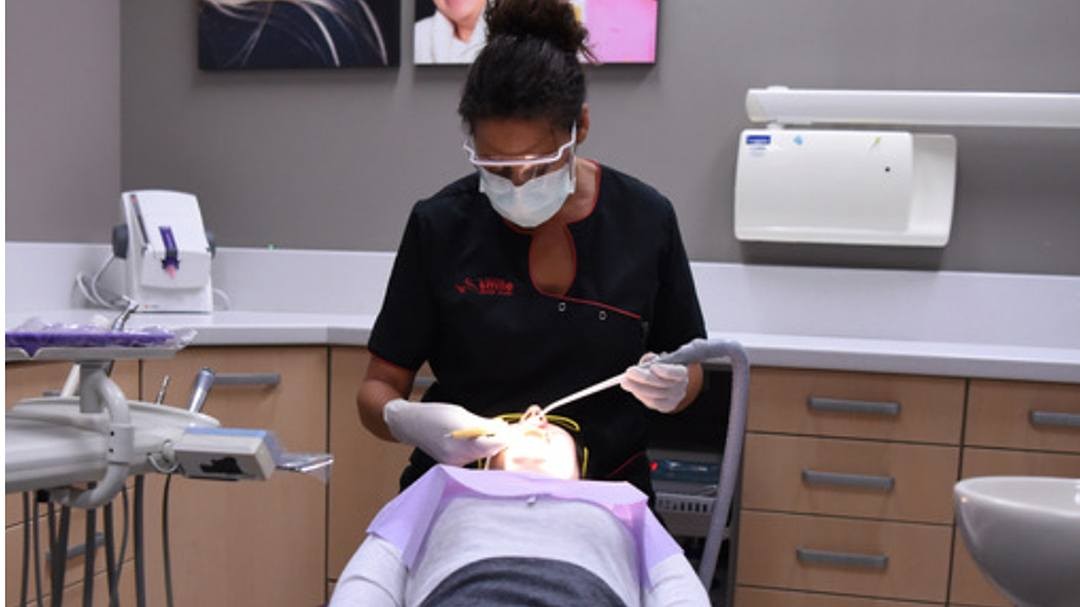
by Smile Design Studio | 6 Sep, 2023
The concept of wisdom tooth extraction has become commonplace in dental practice due to the various complications often associated with these third molars. However, the emerging field of orthodontics offers an alternative approach that emphasizes correction over extraction. This article explores the potential for wisdom teeth correction without resorting to extraction, thus providing a new perspective on oral health management. Dealing with issues such as overcrowding and discomfort traditionally linked to wisdom teeth, this piece elucidates the role of orthodontists in maneuvering these teeth into more favorable positions. Moreover, it acknowledges situations where extraction is inevitable and discusses post-surgery care measures. The ultimate goal remains to prioritize patients’ oral health while retaining their natural teeth whenever possible. It underscores the importance of personalized consultations with dental experts for appropriate treatment plans fitting individual needs. Finally, this article seeks to shed light on non-extraction alternatives for dealing with wisdom teeth issues. Understanding the Wisdom Tooth In the realm of oral health, understanding strategy of dealing with wisdom teeth is paramount as it is frequently encased in gum or bone tissue during adolescence and adulthood, leading to overcrowding issues, discomfort, pressure, and possibly infection that may harm the jaw bone and neighbouring teeth. This third set of molars called wisdom teeth typically develop later in life. However, due to inadequate space in the mouth for proper growth and alignment, a condition termed ‘impaction’ often occurs. Wisdom tooth extraction becomes a common solution proposed by many dental practitioners to circumvent potential complications associated with impaction such as damage to other teeth or cyst formation. It is crucial then to discern whether wisdom... 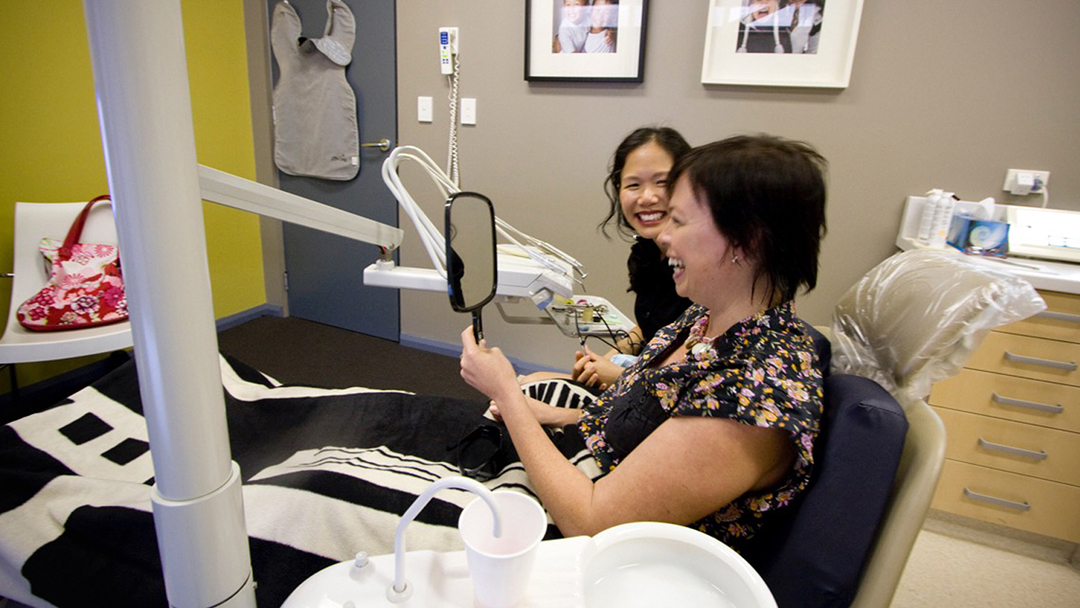
by Smile Design Studio | 24 Aug, 2023
Wisdom teeth removal is a common dental procedure necessitated by overcrowding issues that could lead to abnormal pain, infection, and potential damage to the jaw bone and nearby teeth. While wisdom teeth extraction often provides a viable solution, the emphasis on post-operative care should not be underestimated. Proper aftercare plays a fundamental role in the recovery process and can significantly mitigate complications such as infection or dry sockets. This article aims to provide crucial insights into wisdom tooth extraction, underscore the importance of post-operative care, and outline essential steps for effective aftercare. It also discusses potential complications to be vigilant about during recovery. Furthermore, it highlights how Smile Design Studio can partner with patients throughout their healing journey. Understanding Wisdom Tooth Extraction Understanding the intricacies of a wisdom tooth extraction is pivotal in optimizing your oral health. Often, wisdom teeth, also known as third molars, can cause discomfort and potential damage due to overcrowding or impaction. Moreover, an impacted wisdom tooth can pave the way for infections that might pose harm to the jaw bone and adjacent teeth. A wisdom tooth extraction is a surgical procedure performed by an oral surgeon to remove one or more of these troublesome third molars. These teeth are located at the furthest corners of your mouth, appearing on both the top and bottom arches. Often emerging in the late teenage years or early twenties, the growth and eruption of these teeth can sometimes lead to various dental complications. A vital aspect of wisdom tooth extraction is the preservation of a blood clot in the tooth socket post-surgery. This clot is a critical part... 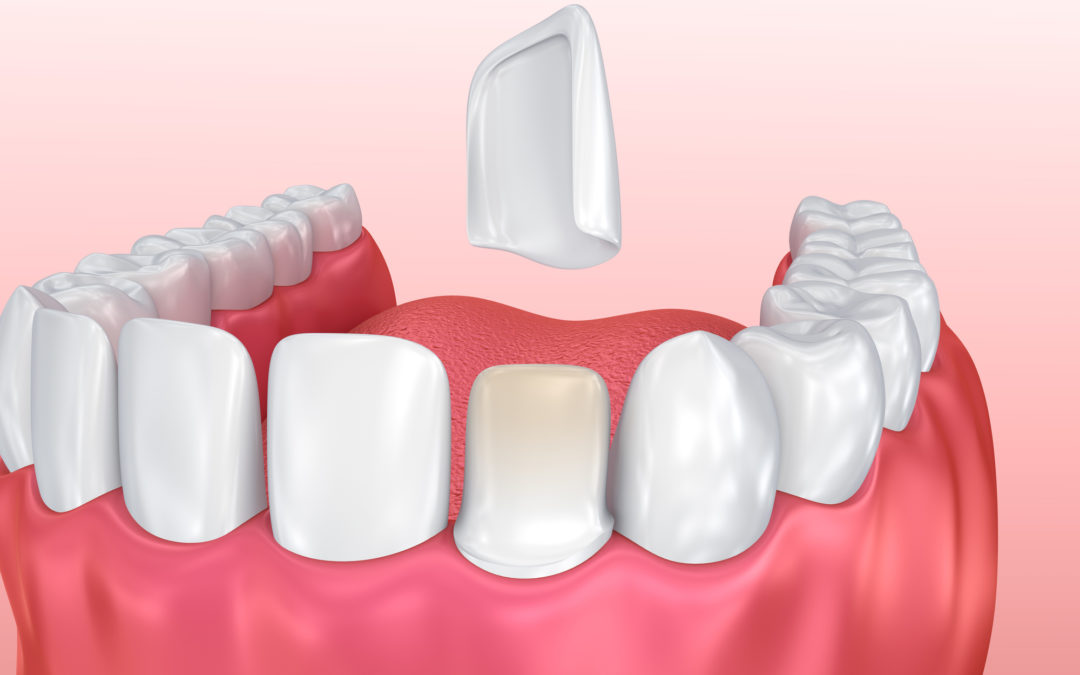
by Smile Design Studio | 24 Jul, 2023
You’ve probably heard the term ‘wisdom teeth’ tossed around a lot, especially in conversations about oral health and dental procedures. But did you know that these late bloomers can sometimes cause trouble? Whether they’re causing serious discomfort or making your smile less than perfect, misaligned wisdom teeth are a common issue many of us face. However, the question remains – can you straighten wisdom teeth? If so, how do you go about it? Understanding the Issue First, let’s understand the issue at hand: wisdom teeth can indeed become crooked or misaligned, which might disrupt your smile and overall oral health. These are your third molars that typically emerge between the ages of 17 and 25. In many cases, these wisdom teeth come in crooked or misaligned due to lack of space in the mouth. This problematic alignment of teeth can lead to various dental issues like pain, risk of infection, and damage to adjacent teeth. Now you might be wondering if braces or orthodontic treatment could fix this issue. The answer is yes. Orthodontic treatment including traditional braces, invisible aligners, or other dental appliances can help straighten out those pesky crooked wisdom teeth. However, it’s important to note that each case is unique and requires a personalized approach for an effective treatment plan. It’s always recommended to consult with a qualified healthcare practitioner before undergoing any kind of orthodontic procedure for straightening your wisdom teeth. Modern Orthodontic Solution: Invisalign Are you considering orthodontic solutions for straightening your wisdom teeth? Let’s delve into why Invisalign might be a great choice for you. From its subtle appearance to its effective results,...






